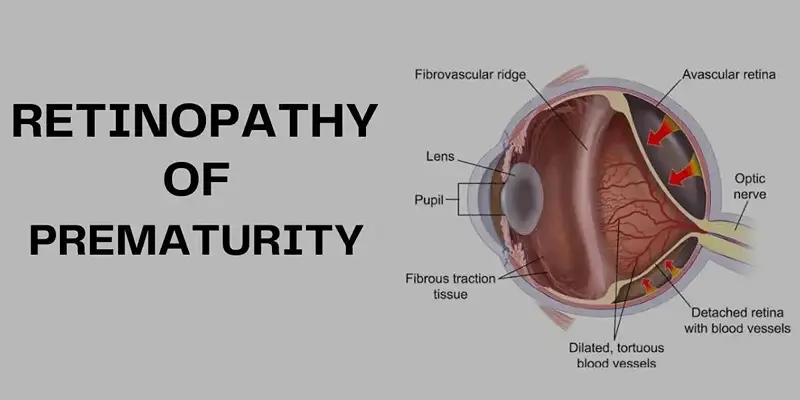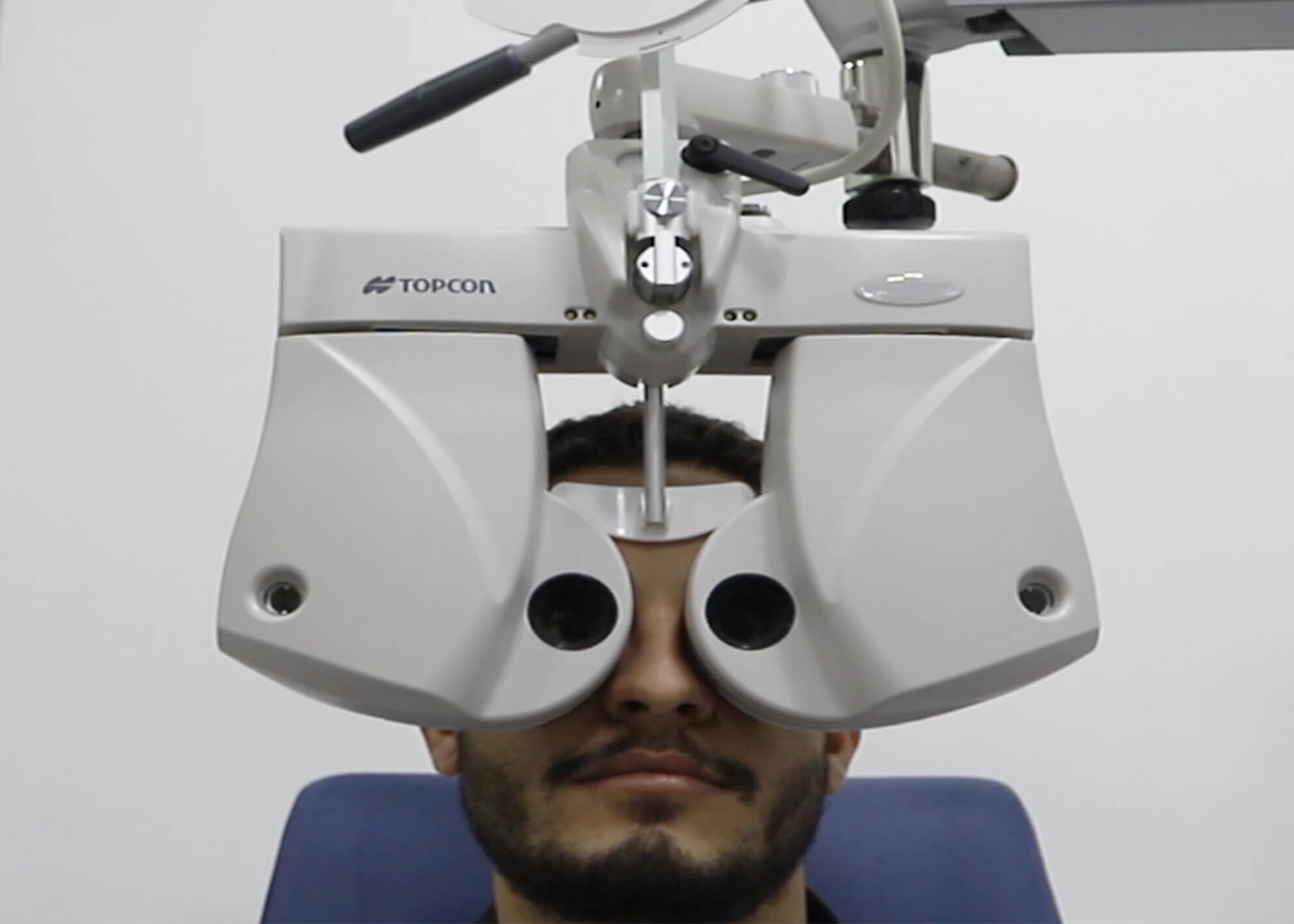Retinopathy of Prematurity (ROP) at Eye Clinic DRHC Dubai
Retinopathy of Prematurity (ROP) is a potentially serious eye disorder that primarily affects premature infants. It occurs when abnormal blood vessels develop in the retina, the part of the eye that sends visual signals to the brain. Without timely intervention, ROP can lead to visual impairment, including blindness. At DRHC Dubai, our team of experienced pediatric ophthalmologists is committed to providing expert care in the detection, monitoring, and treatment of ROP.
What is Retinopathy of Prematurity (ROP)?
ROP occurs when the blood vessels in the retina (the light-sensitive layer of tissue at the back of the eye) develop abnormally due to premature birth. The retina requires fully developed blood vessels to function correctly, but in premature babies, this growth is often disrupted. If left untreated, ROP can lead to vision impairment, retinal detachment, or even blindness.
Causes and Risk Factors of ROP
ROP is mainly caused by premature birth, but other factors can increase the risk:
- Premature Birth: Babies born before 31 weeks are most at risk, as their retinal blood vessels are not fully developed.
- Low Birth Weight: Infants born with a birth weight under 1,250 grams are at higher risk.
- Oxygen Therapy: Prolonged or high concentrations of oxygen, used to support premature infants, can sometimes lead to abnormal blood vessel growth in the retina.
- Other Medical Conditions: Premature babies who experience respiratory issues, heart problems, or infections during their neonatal period are at greater risk of developing ROP.
Oxygen of ROP
In the early stages, ROP may not present any noticeable symptoms. Only a specialized eye examination can detect it. In more advanced stages, the following signs may appear:
- Poor or delayed visual response
- Abnormal eye movements
- Crossed eye (strabismus)
- White pupils (leukocoria) in severe cases
Due to the absence of visible symptoms early on, it is crucial for all premature babies to undergo regular eye screenings shortly after birth.
Stages of ROP Progression
ROP progresses in stages, each with its own implications for treatment:
- Stage 1: Mild abnormal blood vessel growth. Most cases at this stage resolve naturally without intervention.
- Stage 2: Moderate abnormal vessel growth. Close monitoring is necessary, though it often resolves on its own.
- Stage 3: Severe vessel growth, which may lead to retinal scarring and requires treatment.
- Stage 4: Partial retinal detachment, necessitating surgical intervention to prevent blindness.
- Stage 5: Total retinal detachment, often leading to permanent blindness if untreated.
Diagnosis and Screening at DRHC Dubai
At DRHC Dubai, early detection is the key to effective ROP management. We recommend that all premature infants, especially those born before 31 weeks or weighing less than 1,500 grams, undergo screening for ROP. Our pediatric ophthalmologists use state-of-the-art retinal imaging equipment to conduct these exams, ensuring accurate diagnosis. These screenings are generally conducted within the first four to six weeks of life and repeated regularly depending on the infant’s condition.
Advanced Treatment Options For ROP
The goal of ROP treatment is to prevent the abnormal blood vessels from causing retinal damage and vision loss. Depending on the severity of the condition, treatment options at DRHC Dubai include:
- Laser Photocoagulation: This is the most common treatment for ROP. A laser is used to stop the abnormal blood vessels from growing and prevent further damage to the retina. It is most effective in preventing retinal detachment.
- Intravitreal Injections (Anti-VEGF Therapy): Anti-VEGF (vascular endothelial growth factor) injections help reduce the abnormal growth of blood vessels in the retina. This treatment is minimally invasive and effective in certain stages of ROP.
- Vitrectomy Surgery: In cases where ROP progresses to retinal detachment, vitrectomy surgery may be required. This surgery involves removing the vitreous gel in the eye to allow the retina to reattach. It is a more advanced procedure used in severe cases.
Long-Term Follow-Up Care
Even after successful treatment, infants with ROP require ongoing monitoring to ensure their vision develops normally. Long-term follow-up care is critical to detect any potential complications such as:
Our team at DRHC Dubai provides comprehensive post-treatment care and follow-up examinations to track your child’s visual development and address any concerns that may arise.
Why Choose DRHC Dubai for ROP Management?
At DRHC Dubai, we understand the delicate nature of pediatric eye care, especially for infants born prematurely. Our dedicated team of specialists is equipped with the latest technologies and techniques to provide the best possible care for your child. With a patient-centric approach, we offer:
- Comprehensive screening programs for premature infants
- Expertise in advanced ROP treatments, including laser therapy, injections, and surgery
- Personalized care plans tailored to each child’s unique needs
- Ongoing support and long-term follow-up to monitor your child’s vision
Our compassionate care team ensures that you and your family receive the information, guidance, and support needed throughout the ROP treatment journey.
.png?width=281&height=59&name=bookanappointment%20(1).png)
At Dr. Rami Hamed Center, our Ophthalmology department is dedicated to safeguarding your vision health through expert eye care Professionals, Renowned as one of the best eye care clinics in Dubai our Ophthalmology Specialists provide services for Cataract and Retina treatment with Laser and Refractive surgeries.




.png?width=281&height=59&name=bookanappointment%20(1).png)






